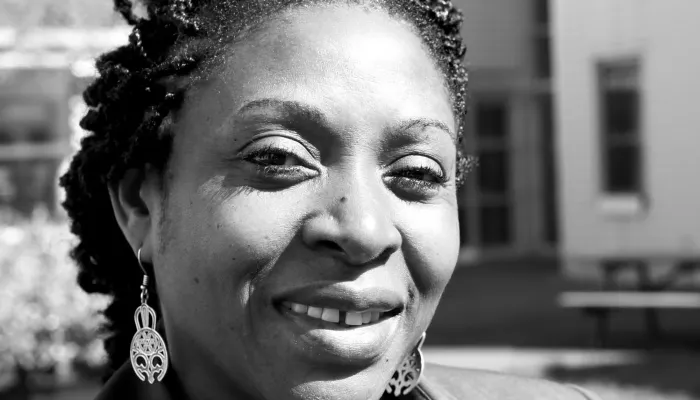Catriona Wright
Biography
Catriona Wright is a writer, editor and teacher based in Toronto. Her first collection of poetry, Table Manners, was published by Véhicule Press in 2017. Her poems have been anthologized in The Next Wave: An Anthology of 21st Century Canadian Poetry and in The Best Canadian Poetry 2015 & 2018. She is the poetry editor for The Puritan and a co-founder of Desert Pets Press, a chapbook press. She teaches technical and creative writing at the University of Toronto. Catriona writes in a variety of forms—from haikus to sonnets to free verse—and often uses personas. She addresses contemporary social and cultural issues in her poems through humour, satire and word play.
Micro-interview
Like many teenage girls, I adored Sylvia Plath. I read her poetry and prose feverishly while scribbling poor imitations in my notebook. I also loved Dylan Thomas and could recite "Do Not Go Gentle Into That Good Night" on command. It wasn't all angst and anguish, though. Lewis Carroll was another favourite. Even now whenever I read "Jabberwocky" I'm inspired by the irrepressible joy of the poem's wordplay and rhythms.
I've written poetry since I was around twelve or thirteen years old. I would read poems to my parents — I was particularly proud of a poem I wrote about deep sea divers collecting amber from the ocean floo r— but I was quite secretive about my writing for many years. I'm still not sure I think of myself as “a poet.” The title seems too intimidating and formal. For me writing poetry is a source of play and joy. You don't have to be “a poet” to write poetry.
That’s a tough question. I think different poets have different jobs. Some poets allow us to wallow in the lushness of language; others crack our brains open with surreal imagery; others give us a glimpse of their lived experience in all its complications; others force us to ask tough questions about political and social realities; others renew our sense of wonder by reminding us to be mindful of our surroundings and senses; and others guide us on transcendent or spiritual journeys. Sometimes the same poet can do all these things at once.
I love the way refrain lines in a villanelle subtly change and accrue meanings as the poem progresses, so I would choose “One Art” by Elizabeth Bishop or a more current villanelle like “Good Day Villanelle” by Damian Rogers.

